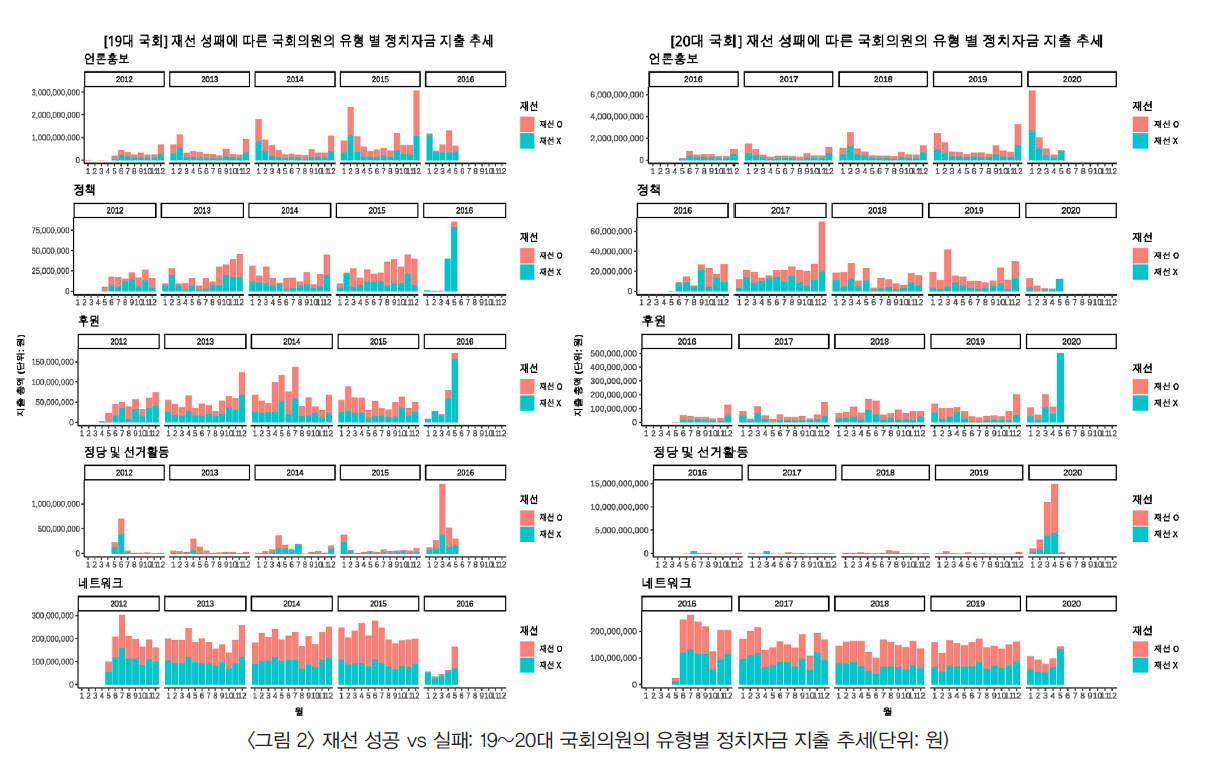Smile to Win : How do Candidates' Smiles Affect Election Outcomes?

The candidate’s smile, as measured by Microsoft Azure, increased the vote share by 1.5 to 2.6%p. The size and statistical significance of the smile effect varied depending on the electoral competitiveness and number of candidates.

